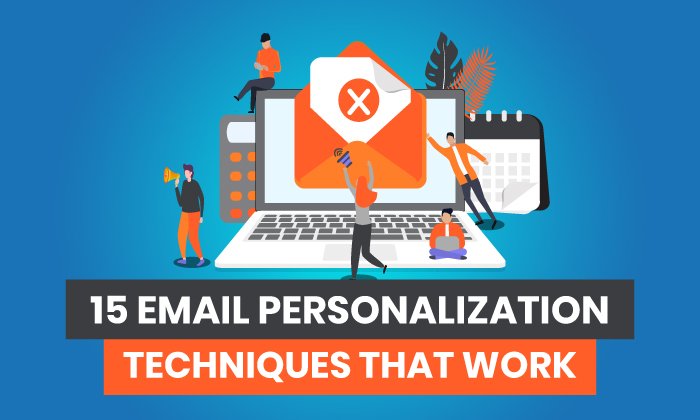Personalized experiences: Why I love them (+ brand examples)

Personalized experiences are becoming increasingly important to customers — and marketers are listening. Just look at Imañya James, a product and marketing specialist for the widely regarded skincare brand Topicals.
She’s appeared in many of the brand’s campaigns herself, demonstrating first-hand how products work, sharing recommendations, progression photos, and usage tips.
I’m increasingly impressed by how Topicals creates these kinds of opportunities for customers to feel catered to, seen, and understood. Recent case in point: The brand quickly addressed feedback about the scent of its Faded serum.
If you’re just getting started with your digital marketing strategy — or just want to learn more about how to start a personalization strategy — you’re in the right place.
Table of Contents
- What is personalization in marketing?
- What are the benefits of personalized marketing?
- Brands With Great Personalization Strategies
- Expert Tips for Personalized Marketing
What is personalization in marketing?
Are you one of the millions of users who download and post your Spotify Unwrapped every year? That right there is personalized marketing — a strategy that entails custom and individualized curations of messages, content, products, or experiences for customers.
In a Boston Consulting Group (BCG) survey of 5,000 global consumers, more than 80% of respondents say they both want and expect personalized experiences.
Some common examples of personalized marketing include:
- Exclusive email campaigns.
- Customer loyalty programs.
- Birthday gifts.
- Names in email subject lines and email content.
- Location-based push notifications.
- Welcome back messages on a website homepage.
- Cart abandonment notifications.
- Product recommendations based on purchase and/or search history.
- Customer loyalty programs.
Often, brands base these decisions on data like behavior, location, interests, and demographics.
“A lot of times personalization refers to just one thing, like email content,” says Vivien Tse, a freelance marketing specialist. “But I think personalization should be done at scale. Everything should be personalized.”
What are the benefits of personalized marketing?
1. Sales Conversions and Customer Loyalty
Integrating personalized marketing will undoubtedly increase sales conversions. Of consumers, 96% say they’re likely to make a purchase when brands send personalized messages.
Why? Customers like it when a brand recognizes who they are and what they like — and feeds them more based on their past purchasing history.
2. Organic Engagement and Community Building
I’m a big fan of brands that make me feel like I’m part of something and have a say in its growth. Turns out, most consumers echo my sentiment.
According to Attentive’s report, it’s younger generations of shoppers who are most interested in being part of a brand’s community. Gen Z is more likely to engage with event invitations, brand values, and behind-the-scenes content compared to other generations. Millennials are more inclined to engage with product care and styling tips, brand initiative updates, and opportunities to share feedback.
3. Data Utilization
Data goes …read more
Source:: HubSpot Blog

![Download Now: Free State of Marketing Report [Updated for 2025]](https://no-cache.hubspot.com/cta/default/53/b0f73a5e-16e4-41fd-9511-8564efc560a7.png)







